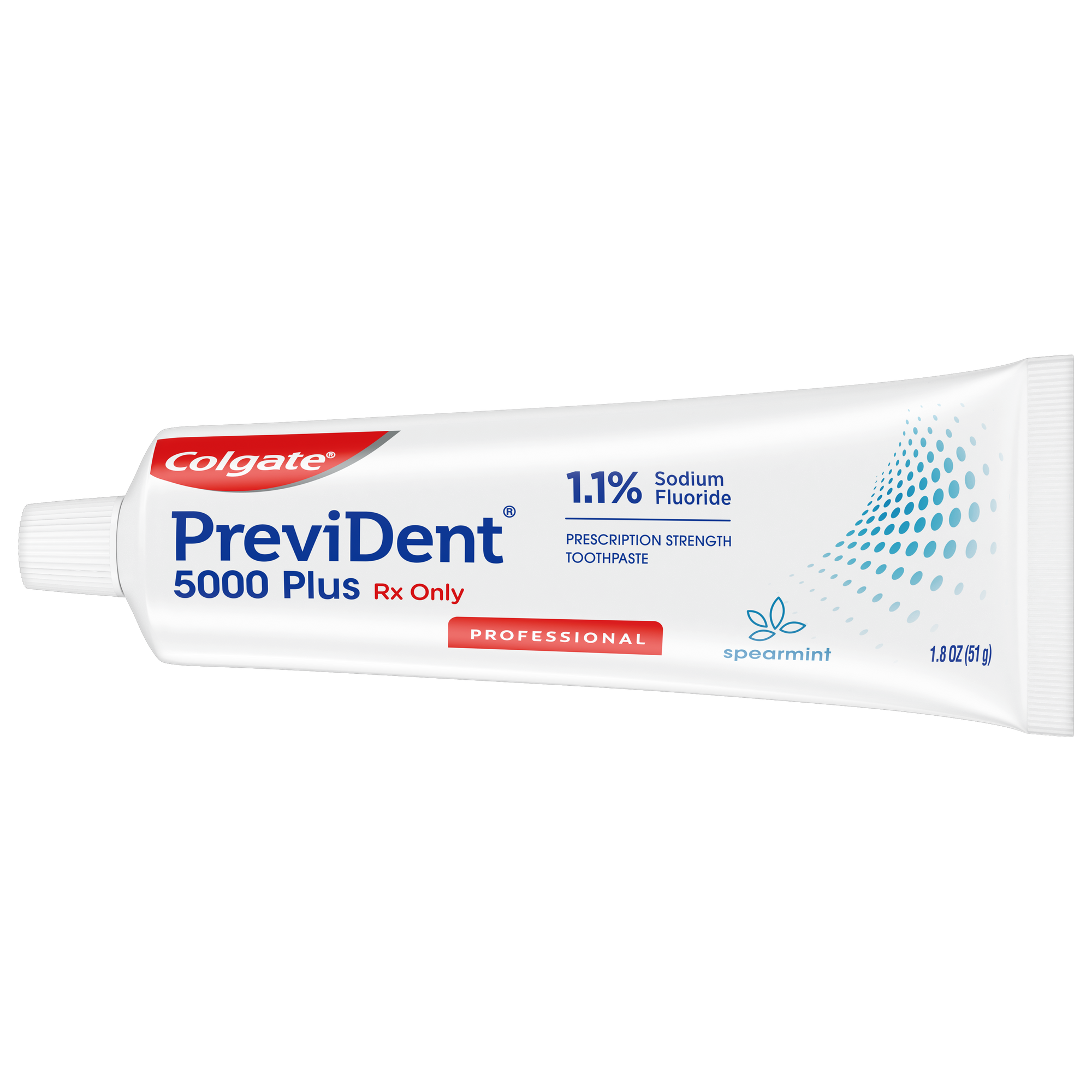Dry Mouth Is a Serious Problem
You hear the term "dry mouth," — you think of being thirsty. There's actually a lot more that goes into it. Yes, your mouth and throat are parched, and drinking water helps. But suppose you're not producing enough saliva. In that case, your food won't digest properly, your teeth are vulnerable to decay and your mouth to bacterial infections, and it's harder to chew and swallow. You can now understand why saliva is so important to your oral health. If you're experiencing a variety of these symptoms, you probably have dry mouth:
- Dry feeling in your mouth
- Trouble swallowing, chewing, speaking
- A tongue burning sensation
- Cracked lips
- Dry feeling in your throat
- Trouble tasting/ metallic taste in your mouth
- Mouth sores
- Bad breath
- Allergies
If you're experiencing many of the above, get in to see your dentist so they can assess your situation. There could be many causes to your dry mouth, from lifestyle choices to medications to other ongoing health issues. Consult with your dentist and create a treatment plan that's right for you.
Home Remedies for Dry Mouth and Throat
You can implement some treatments with simple changes to everyday choices. These should all help stimulate the flow of saliva more and thus create a less dry oral cavity. These home treatments recommend you:
- Hydrate
- Drink water or sugarless drinks much more often while avoiding drinks with caffeine. Drinking more water or sugarless drinks during meals will also make chewing and swallowing easier on you.
- Go sugarless
- Gums, mints, or hard candy without sugar help stimulate saliva flow.
- Avoid tobacco and alcohol
- Evade them both at all costs as they dry out the mouth.
- Rethink your diet
- Know that spicy or salty food may cause more pain and dryness, while juicy fruits can have the opposite effect.
- Humidify
- While you're sleeping, use a humidifier throughout the night.
Medications Are Available
When your at-home treatment options just weren't enough, your dentist may recommend more substantial options to battle dry mouth, like:
- Artificial saliva:
- Usually a spray or gel, artificial saliva can help moisten your mouth whenever it feels dry.
- Prescription:
- Depending on the severity of your dry mouth, you may be prescribed a pill to help stimulate your saliva flow.
- Dry mouth prescription toothpaste:
- Most toothpaste ingredients have a drying effect, but there is prescription toothpaste specifically designed for dry mouth sufferers.
There May Be an Underlying Cause
While dry mouth occurs in your oral cavity, the cause may be outside of your oral health. A visit to your doctor after your dentist may be in your best interest, as many health factors can cause dry mouth. They include:
- Side effects from medication to treat high blood pressure, pain, or asthma
- Depression
- Anxiety
- Nutritional deficiencies
- Autoimmune disorders (rheumatoid arthritis, lupus and Sjogren's syndrome, etc.)
Your doctor could adjust your medications or try a different one for other health issues you're facing to help eliminate your dry mouth symptoms.
While it sounds like something minor, your dry mouth and throat shouldn't be ignored. There are a variety of factors that could attribute to your dry mouth. Be open to any and all treatments, so your saliva level gets back to normal and your smile output increases.
This article is intended to promote understanding of and knowledge about general oral health topics. It is not intended to be a substitute for professional advice, diagnosis or treatment. Always seek the advice of your dentist or other qualified healthcare provider with any questions you may have regarding a medical condition or treatment.
ORAL HEALTH QUIZ
What's behind your smile?
Take our Oral Health assessment to get the most from your oral care routine
ORAL HEALTH QUIZ
What's behind your smile?
Take our Oral Health assessment to get the most from your oral care routine







.jpeg)







